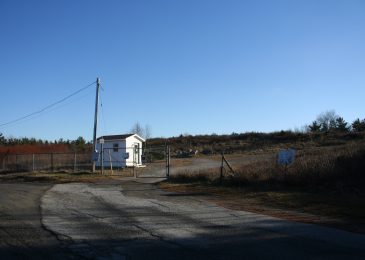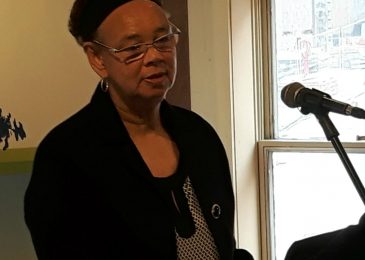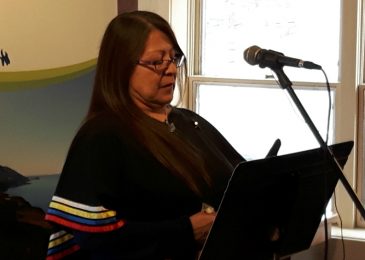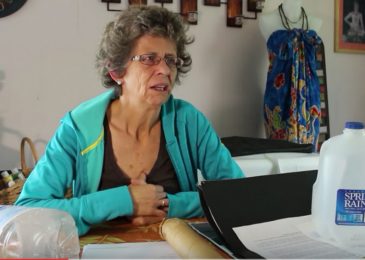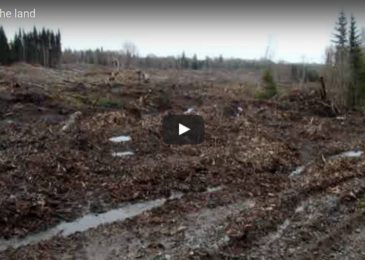Town of Shelburne councillor throws FaceBook tantrum after Black residents raise pollution fears
Town of Shelburne councillor Rick Davis says African Nova Scotian residents worried about pollution from a town dump need to stop playing the race card. That dump was a good thing for Black residents, he suggests, “after all, “the reality is, that many black people relied on that dump for a living, because they, unlike many others I suppose, were the only ones that would deal with the removal of town trash.”

